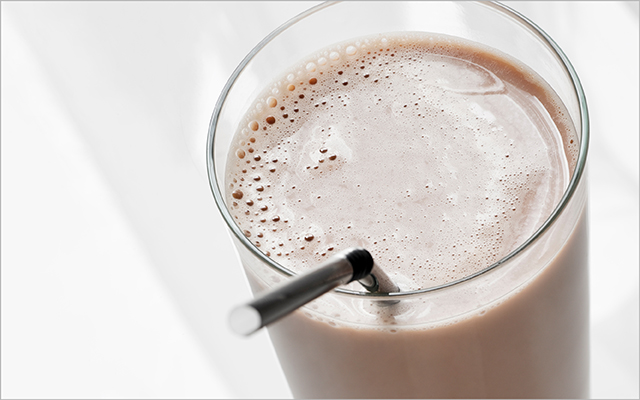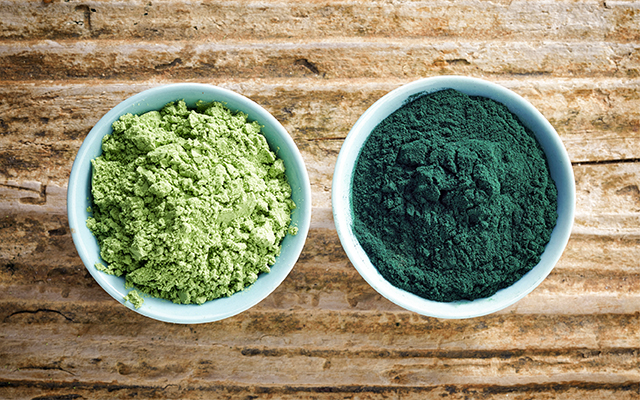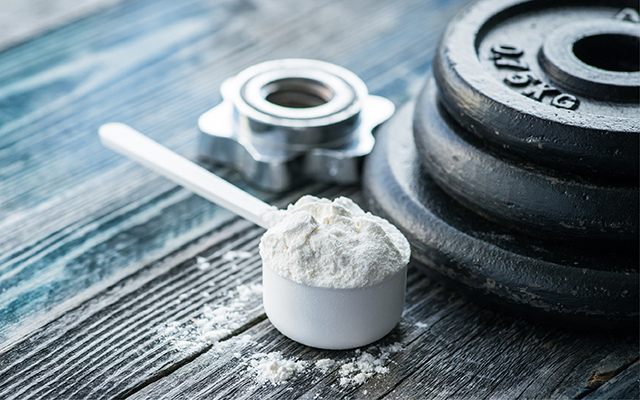“Whey-protein supplementation does boost insulin and insulin-like growth factor (IGF-1), and both of those can promote acne,” says Karen Chen, MD, a Houston-based functional-medicine dermatologist. Acne is prevalent in the teen years, when the body is producing copious amounts of growth hormones and sex hormones, leading to increased sebum production as well as plugged follicles.
Casein, the other protein component of milk, can also promote IGF-1 and insulin, says Chen. It’s the more allergenic component, which may be why dairy foods are so often linked to acne. (Notably, it’s low-fat dairy that tends to cause the most problems. Removing the fat from dairy products boosts their glycemic index, which also triggers excessive insulin production.)
While no studies have declared whey a definitive cause of acne, Chen says a few small studies have isolated whey supplementation as a contributing factor. She cites some case reports in which whey-protein supplementation precipitated or aggravated acne in adolescents; in some of these cases, acne was resistant to treatment until the subjects discontinued the whey protein. Still, says Chen, “If you’re past adolescence and have no acne, taking whey protein is very unlikely to cause you to get it.”
Meanwhile, if you already suffer from acne and want to eliminate foods that might make it worse, Chen recommends opting for pea, hemp, or other plant-based protein supplements.
This originally appeared as “I heard dairy is linked to acne, but does whey protein also cause it?” in the May 2018 print issue of Experience Life.




This Post Has 0 Comments